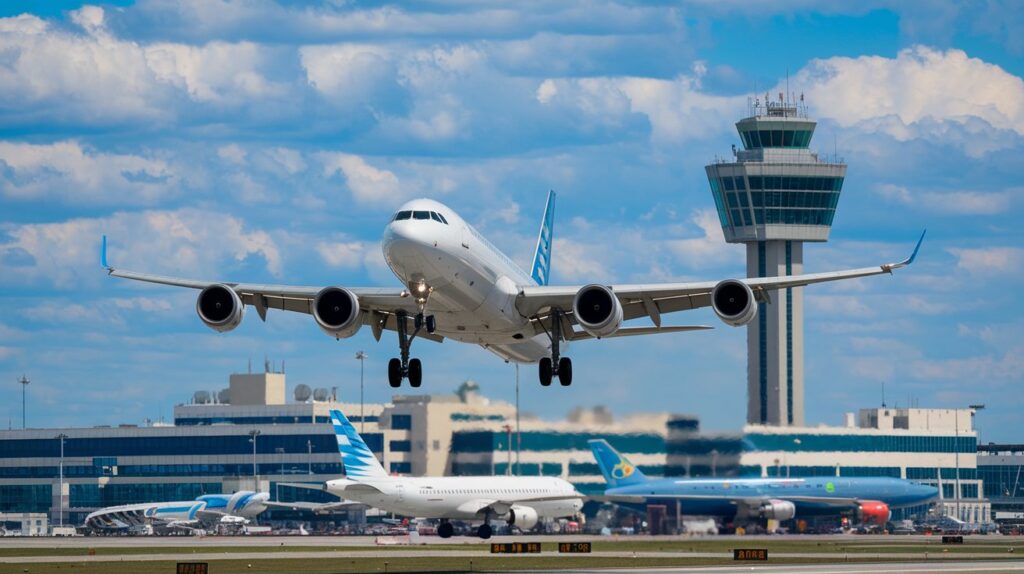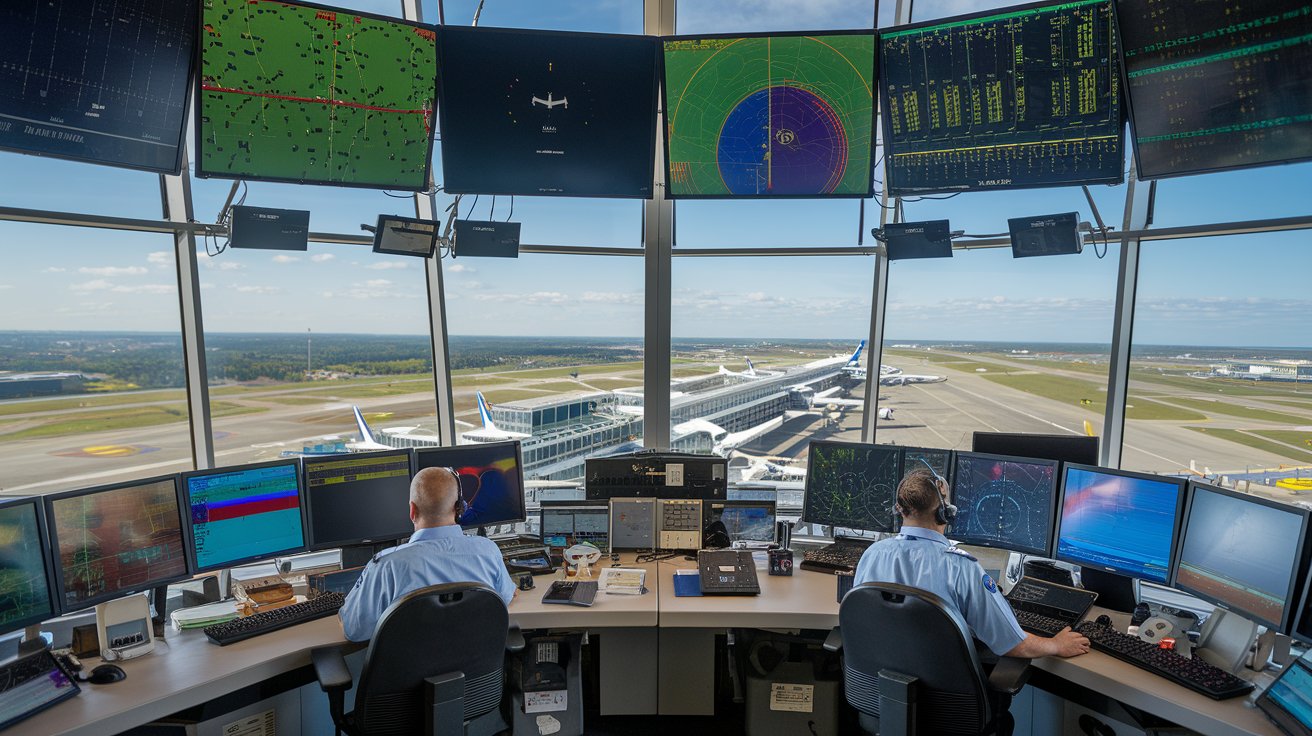US Air Traffic Controllers Offered Extended Tenures Amid Staffing Concerns
The U.S. Department of Transportation has announced a significant policy shift to address the ongoing staffing shortages among air traffic controllers. In a recent statement, Transportation Secretary Sean Duffy confirmed that controllers will now be offered the opportunity to work beyond the mandatory retirement age of 56, a move designed to maintain safety and efficiency in the nation’s airspace system.
The Growing Concern Over Air Traffic Controller Shortages
The decision comes in response to mounting concerns following a tragic mid-air collision near Washington, D.C., which resulted in the loss of 67 lives. This incident, involving an American Airlines passenger jet and a U.S. Army Black Hawk helicopter, has intensified scrutiny on the critical role of air traffic controllers in ensuring aviation safety.
According to the National Air Traffic Controllers Association (NATCA), only about 70% of staffing targets are currently met by fully certified controllers. The shortage is attributed to several factors, including slow hiring processes, high retirement rates, budget constraints, and the lasting effects of the 2019 government shutdown and the COVID-19 pandemic.
Why Extending Tenures Is Crucial
Despite offering competitive salaries—with fully certified controllers earning an average of $158,000 annually—the demanding nature of the job, coupled with a lengthy training period of up to three years, has made recruitment and retention challenging. Controllers often face mandatory overtime, high-stress environments, and fatigue, all of which can compromise safety.
“This initiative aims to retain experienced professionals who are critical to maintaining the safety and efficiency of our airspace,” Duffy stated. The policy will be complemented by additional compensation incentives to encourage seasoned controllers to extend their service.
Efforts to Address the Shortfall
The Federal Aviation Administration (FAA) has been actively recruiting, with nearly 6,000 new trainees hired over the past five years. However, the combination of high attrition rates and the rigorous training process continues to strain the system. Experts believe that retaining experienced controllers is a strategic move to bridge the gap while new recruits are trained.
An article from Reuters highlights the urgency of these measures, emphasizing the critical role of experienced personnel in managing complex air traffic situations.
The Path Forward: What This Means for Aviation Safety
Extending the tenure of air traffic controllers is more than a temporary fix; it is a proactive strategy to enhance aviation safety. The policy not only aims to fill the current staffing gaps but also to ensure that the most experienced professionals continue to guide air traffic during this critical period.

As the aviation industry recovers from the pandemic and air travel demand rises, maintaining a robust and well-staffed air traffic control system is essential. This policy shift reflects a commitment to safeguarding the skies while addressing the systemic challenges that have plagued the industry for years.
Conclusion
The extension of tenures for air traffic controllers is a timely response to a growing crisis. By retaining experienced controllers and complementing this with ongoing recruitment efforts, the U.S. aims to strengthen its air traffic control infrastructure. This initiative not only prioritizes safety but also sets the stage for a more resilient aviation system in the years to come. [USnewsSphere.com]





